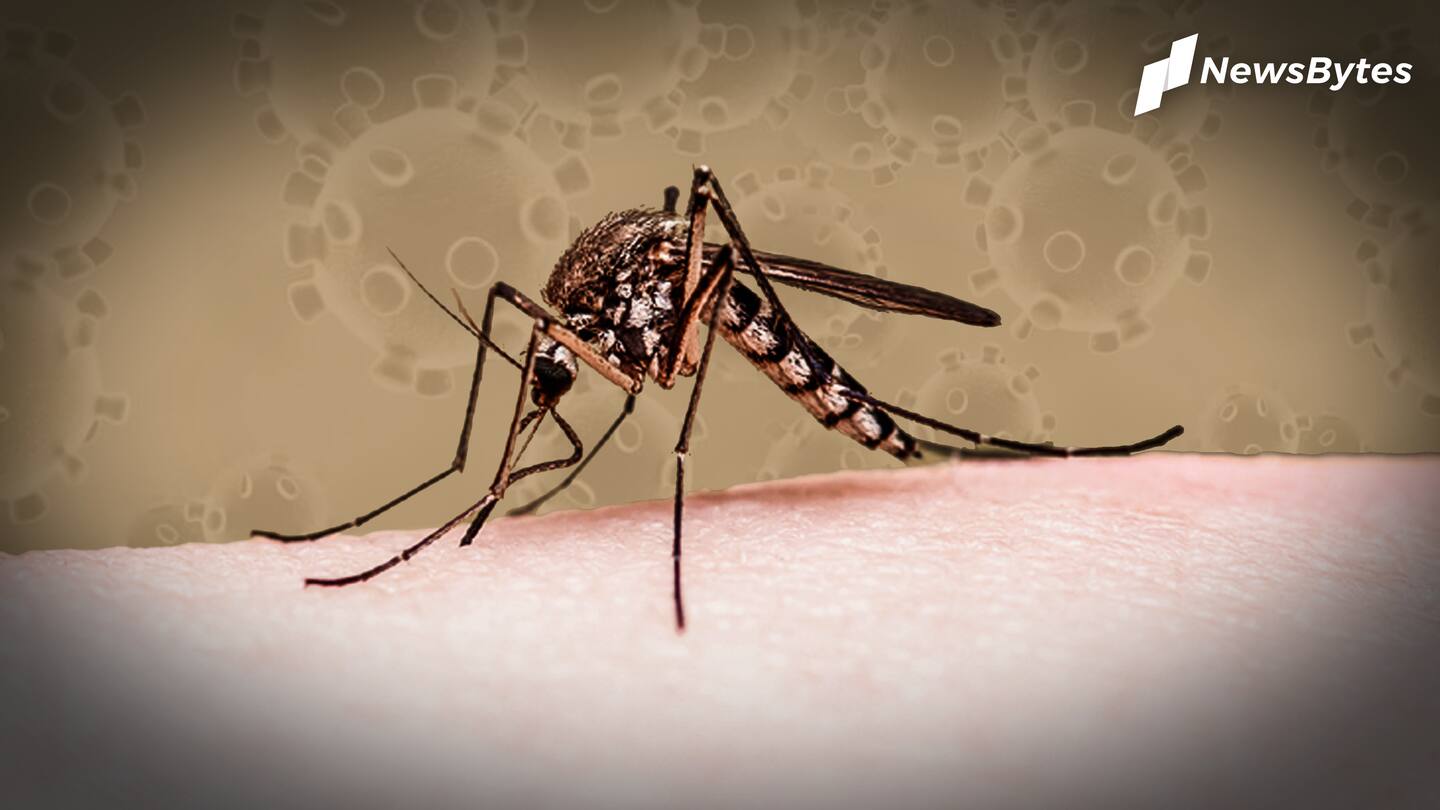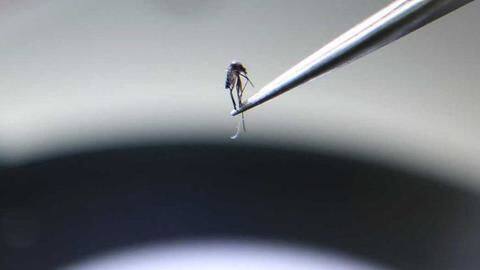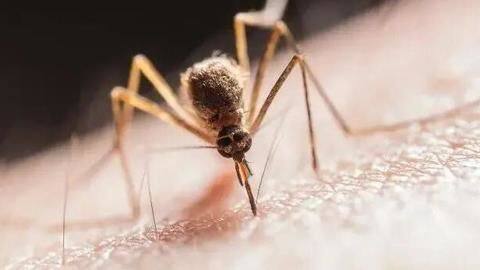
Another virus from China could be reaching India, the Indian Council for Medical Research (ICMR) warned.
The pathogen is called “cat que virus” (CQV) and, according to research conducted by the Council’s National Institute of Virology, it has the potential to spread easily in our country, causing various health problems in the population.
This is about everything.
So what exactly is the cat virus that?

Within the category of arthropod-borne viruses, the cat virus is found in Culex mosquitoes and pigs and has been largely reported in China and Vietnam.
If the pathogen reaches humans through any of these species, it can cause health problems such as febrile illnesses (high fever), meningitis (inflammation of the meninges), and pediatric encephalitis (inflammation of the brain).
Study to understand spread in India
Since similar species of Culex mosquitoes have also spread in India, NIV scientists conducted a study to understand the replication kinetics of this virus in the country.
As part of this, they developed serological and molecular diagnostic assays for CQV and analyzed samples from humans, three different species of mosquitoes, and pigs in India.
Two human samples had CQV antibodies
During testing, the team found no active CQV infection in human samples.
However, they discovered antibodies to the pathogen in two of the 883 human serum samples, indicating that those people had recovered from CQV infection at some point in the past.
Antibodies, as many know, are produced by the human immune system to identify and neutralize foreign objects such as viruses / bacteria.
Three species of mosquitoes showed replication capacity

Regarding the behavior of the virus in Indian mosquitoes, the team found that the three species they studied through experiments on replication kinetics and virus susceptibility supported the multiplication of cat que by intrathoracic and artificial membrane feeding routes / oral.
The species, as the scientists identified, were Aedes aegypti, Culex quinquefasciatusY Cx. tritaeniorhynchus.
On this basis, CQV is considered a threat to India.
In light of these findings, the team has suggested that CQV could be spread through certain infected mosquitoes in India.
“The positivity of anti-CQV IgG antibodies in analyzed human serum samples and the replication capacity of CQV in mosquitoes indicated a potential disease-causing potential of CQV in the Indian setting, “the scientists said in the study published in the Indian Journal of Medical Research.
More evidence is needed to understand spread

That said, the researchers say they would need more data from serum samples to better understand the spread of the cat virus than within the Indian population and to prepare effective response measures.
“Screening more human and swine serum samples using these assays is a proactive measure to understand the prevalence of this neglected tropical virus,” they wrote in the study.